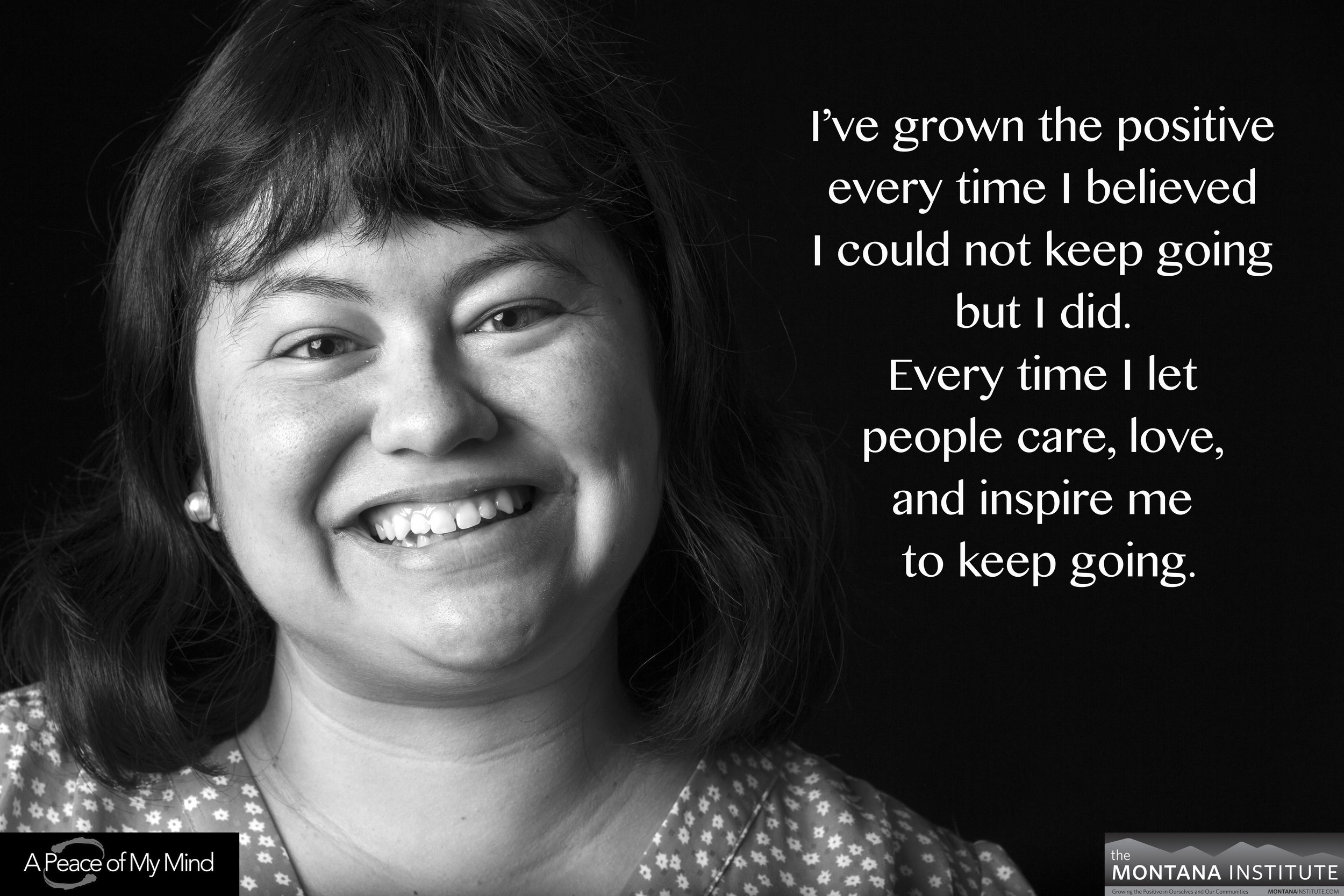In His Own Words: Jeff Linkenbach Talks About The Montana Summer Institute 2015.
/This is the first in a series of questions that Jeff will address in relation to the upcoming The Montana Summer Institute 2015, which runs from July 7-10 at the Big Sky Resort.
Why should someone come to the Summer Institute, and what can they expect when they do?
People should come to Big Sky, Montana to attend the Montana Summer Institute (MSI) because it is the birthplace of the Positive Community Norms (PCN) Framework.
It began in 1998 and 1999 when I first hosted the National Meeting on Social Norms Model at Big Sky Resort. At that time, there was a small number of us who were engaging in a “scientist-practitioner” approach to norms work on college campuses. We each came from different backgrounds but were doing different elements of norms research. For example, Wes Perkins and Alan Berkowitz were advancing a social-psychological approach of looking at norms and attribution theory. Michael Haines was a pioneer in experimenting and pioneering social marketing strategies and was seeing incredible results. Koreen Johannessen was applying normative influence strategies from within a comprehensive prevention framework. Bill DeJong was bringing norms perspectives into the Higher Education Center through an inclusion and focus on policy. And I was doing an early version of the 7 Step Montana Model with what I called ‘re-norming’ - work at a national level with fraternities and sororities - as well as pioneering new norms approaches with statewide populations of young adults. Most of our work at the time was focused on reducing ‘binge drinking’ and related high risk behaviors.
Looking back, we all made a lot of mistakes that became wonderful lessons for everyone because we had a spirit of openness and passion for learning. The culture of the MSI still has this passion for openness, being open to exploring and sharing lessons learned. While there are typically between 100-200 people that come to each institute, there is still an amazing sense of intimacy and approachability by everyone. People connect with each other and with the speakers in this unique setting of Montana’s mountains. Some people have come to every institute and comment on how much they learn each time and how they appreciate being at ‘the center’ of PCN research and practice.
I look forward to MSI because I love being able to bring new research, ideas, strategies and a deepening of the work. Speakers and facilitators are invited who represent this cutting edge work and who are passionate about learning and sharing their work. This unique spirit is why I look forward to MSI each year and we hear the same thing from participants on their evaluation forms.
People who come to MSI can expect to engage in cutting edge presentations that then have structured dialogue, activities and reflection time. We really embrace and adult education learning model that mixes content with praxis (content- critical reflection- dialogue- action). Since Montana is so far north, it stays light until about 10:30 PM each night and people join together for these amazing adventures like whitewater rafting, hiking in Yellowstone Park, exploring Big Sky Resort. Each morning is a time of stories and laughter about encounters with moose, bears and other wildlife. Overall, the MSI experience is one of rejuvenation. We all work very hard at what we do and we need to be refreshed spiritually, physically and mentally.
That is the MSI experience.




